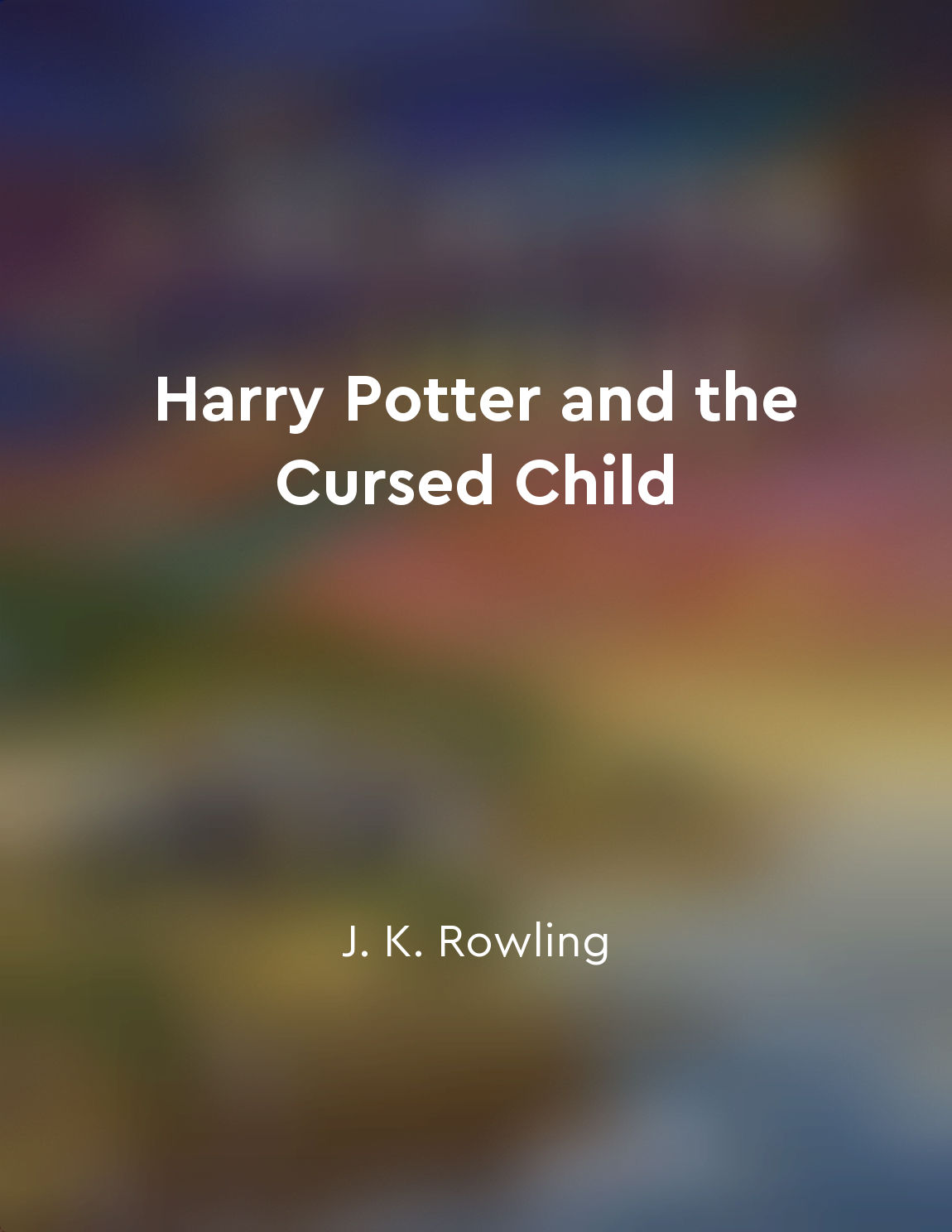The quest for power leads to the destruction of morality from "summary" of Darkness at Noon by Arthur Koestler
Rubashov, the protagonist of Darkness at Noon, illustrates the insidious nature of power and its corrupting influence on morality. As a former revolutionary leader turned political prisoner, Rubashov grapples with the consequences of his past actions and the moral compromises he made in the pursuit of power. Throughout the novel, Koestler delves into Rubashov's inner turmoil and the gradual erosion of his moral compass as he navigates the treacherous political landscape of a totalitarian regime. Rubashov's journey serves as a cautionary tale, highlighting the moral decay that accompanies the relentless pursuit of power. His interactions with other characters, such as Ivanov and Gletkin, further underscore this theme, as they too are consumed by their desire for control and dominance. Koestler paints a bleak picture of a society in which morality is sacrificed at the altar of power, where individuals are willing to betray their principles in order to maintain their grip on authority. As Rubashov reflects on his past actions and the ideological justifications he once embraced, he is forced to confront the moral compromises he has made along the way. His internal struggle mirrors the larger existential dilemma of a society that has lost its moral moorings in the quest for power. Koestler's portrayal of Rubashov's moral descent is a powerful indictment of the corrosive effects of totalitarianism on individual conscience and ethical judgment.- Darkness at Noon serves as a stark reminder of the dangers inherent in the unchecked pursuit of power, and the destructive impact it can have on morality. Koestler's exploration of this theme through the character of Rubashov offers a compelling critique of totalitarian regimes and the moral compromises they demand of their citizens. In a world where power reigns supreme, morality becomes a casualty of the ruthless struggle for dominance.
Similar Posts
Combat veteran searches for a woman's missing West Point class ring
Reacher saw the ring in a pawnshop window. It wasn't the biggest diamond in the world, but it was a West Point class ring. It b...
Selfreflection is important for personal growth
Self-reflection plays a crucial role in our personal growth journey. It is like looking into a mirror and understanding ourselv...
The price of freedom is often paid in blood
In the struggle for freedom, sacrifices must be made, sacrifices that often come in the form of bloodshed. Throughout history, ...
Individuals must reckon with the consequences of their power
In a world where power dynamics are upended, individuals find themselves in a position of influence they never thought possible...
Deception discovered
In the story, the switch between Prince Edward and the pauper Tom Canty leads to a series of events where the deception is ulti...

The power of forgiveness
Forgiveness, a potent force that has the ability to heal wounds that run deep, is a central theme in 'That Night'. It is a conc...

A night of secrets
As darkness fell, the world outside seemed to hold its breath, anticipating the secrets that would unfold under the cover of ni...
Solzhenitsyn's legacy is one of courage and conviction
The legacy left behind by Solzhenitsyn is one that epitomizes courage and conviction. Through his writings, he fearlessly expos...
Justice is sacrificed for the greater good of the party
In the pursuit of the party's objectives, justice often becomes a casualty of the greater good. The concept of sacrificing just...

Dumbledore's legacy lives on
In the wizarding world, Albus Dumbledore was a figure of great influence and wisdom. His legacy was not just in the form of his...

